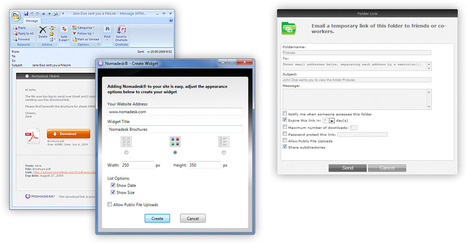Professional Ajax Rapidshare Files

• Aland Islands • Albania • Andorra • Armenia • Austria • Azerbaijan • Belarus • Belgium • Bosnia and Herzegovina • Bulgaria • Croatia • Cyprus • Czech Republic • Denmark • Estonia • Finland • France • Georgia • Germany • Gibraltar • Greece • Greenland • Holy See (Vatican City State) • Hungary • Iceland • Ireland • Italy • Latvia • Liechtenstein • Lithuania • Luxembourg • Macedonia • Malta • Moldova • Monaco • Montenegro • Netherlands • Norway • Poland • Portugal • Romania • Russia • Serbia • Slovakia • Slovenia • Spain • Sweden • Switzerland • Turkey • Ukraine • United Kingdom. Essentials Of Psychology 4th Edition Stephen L. Franzoi on this page. • American Samoa • Australia • Bangladesh • Bhutan • British Indian Ocean Territory • Brunei • Cambodia • China • Christmas Island • Cocos (Keeling) Islands • Cook Islands • Fiji • Guam • India • Indonesia • Japan • Kazakhstan • Korea (the Republic of) • Kyrgyzstan • Laos • Malaysia • Maldives • Mongolia • Myanmar • Nepal • New Zealand • Pakistan • Papua New Guinea • Philippines • Samoa • Singapore • Solomon Islands • Sri Lanka • Tajikistan • Thailand • Timor-Leste • Tonga • Turkmenistan • Uzbekistan • Vanuatu • Vietnam. Description Taking WordPress to the next level with advanced plugin development WordPress is used to create self-hosted blogs and sites, and it's fast becoming the most popular content management system (CMS) on the Web. Now you can extend it for personal, corporate and enterprise use with advanced plugins and this professional development guide. Learn how to create plugins using the WordPress plugin API: utilize hooks, store custom settings, craft translation files, secure your plugins, set custom user roles, integrate widgets, work with JavaScript and AJAX, create custom post types. You'll find a practical, solutions-based approach, lots of helpful examples, and plenty of code you can incorporate! FOREWORD xxi INTRODUCTION xxiii CHAPTER 1: AN INTRODUCTION TO PLUGINS 1 What Is a Plugin?





